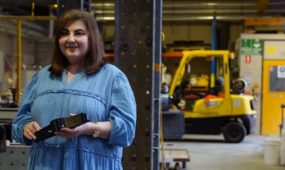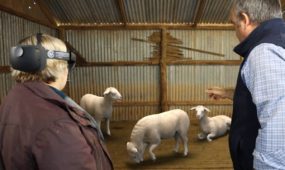Activated carbon breakthrough offers solution to global plastic crisis
Technology
Waste plastic has been used to make activated carbon in what could offer a commercial solution to the global plastics crisis.

Sign up to receive notifications about new stories in this category.
Thank you for subscribing to story notifications.
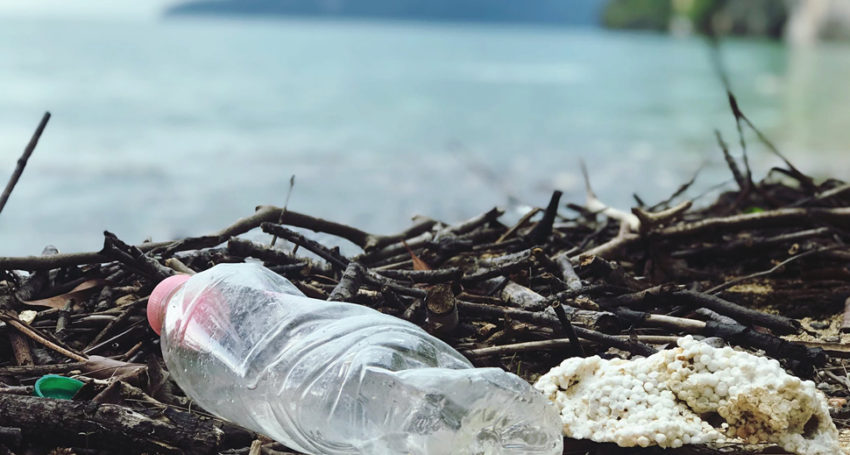
South Australian company ByGen has expanded its focus from agricultural wastes to include plastics with activated carbon being successfully made from several types of plastic, including contaminated plastics waste.
ByGen co-founder and CEO Lewis Dunnigan said he believed the breakthrough, made with co-founder Ben Morton, was the first conversion of its kind in the world.
The Adelaide-based company is now looking for an industry partner in the plastics sector to develop the technology further and take it to market.
“There’s a big problem with contaminated plastics globally, and we think making activated carbon from it could be a good way to remedy that” Dr Dunnigan said.
“Because we’re both scientists, we noticed some fundamental similarities between agricultural wastes and plastics.”
“Agricultural waste has a high carbon content, as does plastic, so the idea occurred to us ‘why not make activated carbon out of plastic?’”
Activated carbon has a variety of industrial uses, including purifying liquids such as drinking water, food and beverage processing, odour removal, contaminated soil remediation and gold processing.
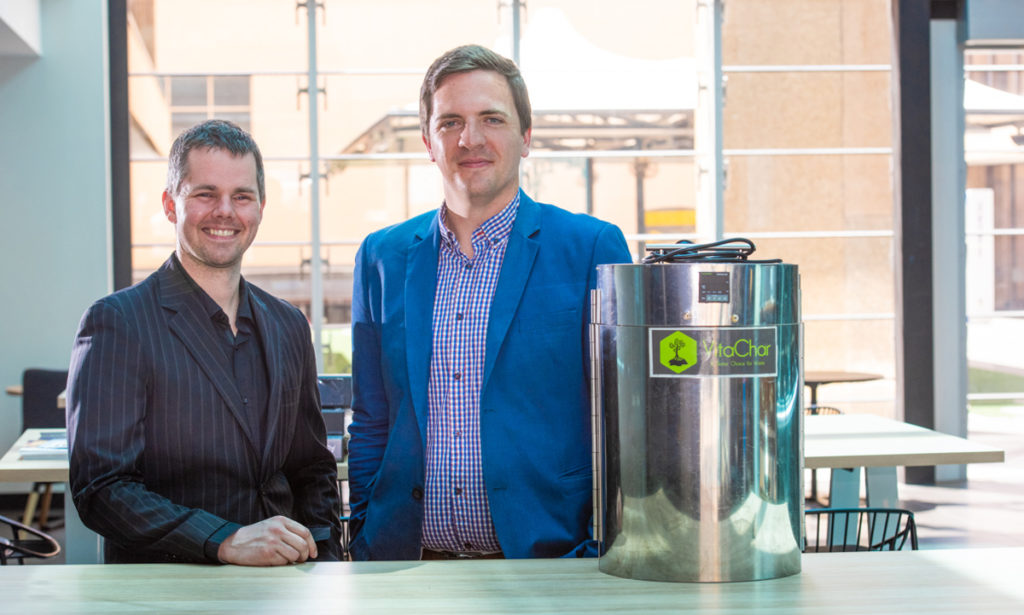
ByGen co-founders Ben Morton and Lewis Dunnigan.
It is traditionally made from coal, hardwood or coconut shells, and sells for about A$2000 a tonne.
“We’ve proven we can make high-quality activated carbon from plastics and we also generate a lot of heat at the same time, more so than with agricultural waste,” Dr Dunnigan said.
“Heat can be a valuable bi-product for industries like brick making, cement production, and industrial drying processes. One tonne of plastic generates 3-5MW of heat, which is quite a lot; enough that this could even be converted to electricity or exported to the grid.”
ByGen is beginning a campaign to raise approximately A$2.5 million to build a full-scale plant capable of producing industrial quantities of activated carbon from agricultural waste.
“During our PhD’s we came up with a really low cost, low energy way of making activated carbon and then we realised there was a market for it, so we’ve commercialised the technology we developed,” the ByGen CEO said.
“Traditionally, you have to make it at about 1000 degrees using steam or harsh chemicals. We felt like these energy intensive processes, often used in developing countries with non-renewable feedstocks, weren’t sustainable, so we tried lots of different Australian agricultural wastes and identified which ones worked best.”
Australia is a net importer of activated carbon. The global activated carbon market is growing at about 9 per cent a year partially due to increasingly tight environmental legislation around the world.
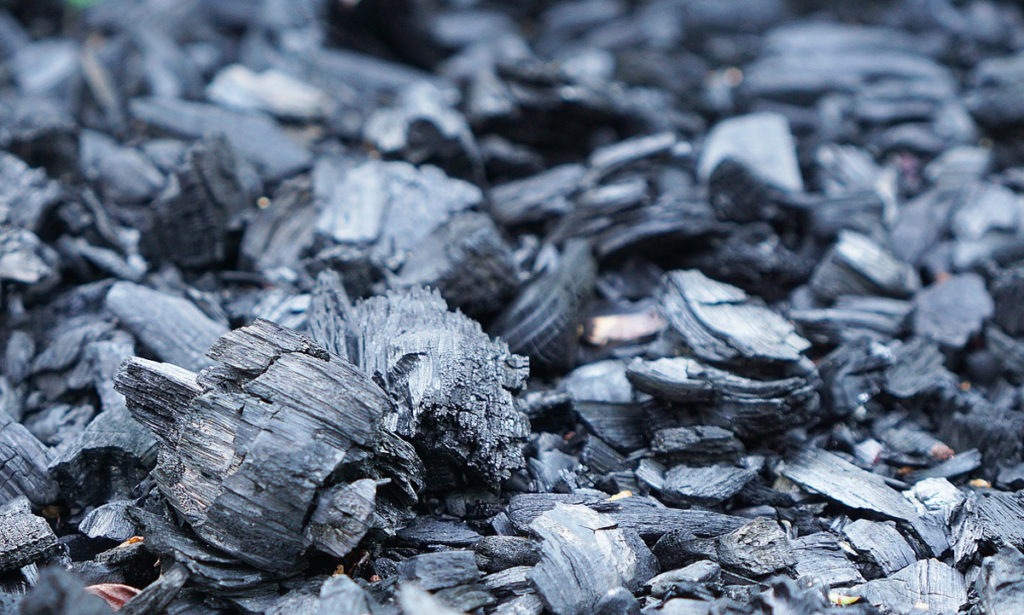
Activated carbon has many uses from water purification to soil improvement and mineral processing.
Dr Dunnigan said the plastics conversion method used a similar process to the agricultural waste but would require different industry partners.
“We want to embark on a collaborative project with a partner that can see the value in turning waste plastics into something that can be worth $2000 a tonne.
“The great thing about our process is that it works with mixed plastic streams and these types of contaminated plastics are a problem not only in Australia, but also around the world.”
Ben and Lewis worked together at the University of Adelaide and combined their research from their respective PhD’s to form the company.
They participated in a commercialisation program with Innovyz in Adelaide in 2017 and have also received state government backing through the South Australian Early Commercialisation Fund.
This year ByGen joined the University of Adelaide’s ThincLab Waite AgTech incubator to further boost its commercialisation plans.
“One of the really good things about being an environmental tech company is it is an issue that communities are increasingly aware of and the long-term trend is towards greater sustainability. We’re entering the industry at the right time to, not only help address the growing worldwide contaminated plastics problem, but also showcase technology developed right here in South Australia.”
Jump to next article
